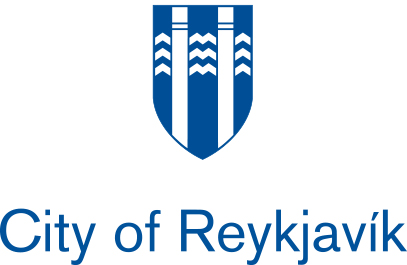Age-Friendly Reykjavik: First Steps to a Better City

Steering Committee
In June 2015, the city of Reykjavik was accepted as a participant in The World Health Organization (WHO) Age-Friendly Cities Project. A steering committee was established with eleven representatives of different departments within the city administration to work on the project. The departments having a representative in the steering committee are:
- The Department of Welfare
- The Department of Sport and Leisure
- The Department of Culture and Tourism
- The Department of Environment and Planning
- The Human Rights Office
- The Office of Property Management and Economic Development
- The Department of Information and Web Design
- The Reykjavik Senior Citizens’ Committee
Kickoff meeting
A first meeting with the representatives of the interest groups of senior citizens in Reykjavik was held in November 2015, where many ideas emerged concerning projects having the aim to make the city more age-friendly. At the meeting, the eight interconnected domains of urban life that the WHO Age-Friendly Cities Project focuses on were discussed at eight conference tables. One domain was discussed at each conference table. When the participants entered they were randomly assigned seats at the conference tables. After an intermission they were randomly assigned seats again and switched tables. Each participant thus took part in discussions concerning two domains, each at a different conference table.
At each conference table there were two employees of the city of Reykjavik; one facilitator and one secretary. The function of the facilitator was to manage the flow of the discussion and make sure that everyone would have a say. The function of the secretary was to keep notes of the main points that were discussed. The participants were also offered the chance to write discussion points anonymously on yellow notes that were collected at the end of each discussion. The function of the yellow notes was to make it possible to jot down topics that were important to the participants but had perhaps not been discussed in the time allotted.
Working groups, Assessment, Action Plans
A summary was made of the results noted down by the secretaries at the meeting. The notes of the secretaries were reviewed and the suggestions made by the participants were roughly classified based on the topic. The suggestions were not rated in the summary, rather they were all written down. There were around 75 to 100 suggestions in all. Following the first meeting, eight working groups were established, with two employees of the city, 3 to 5 representatives of senior citizens and representatives of Primary Health Care in Reykjavik and the Ministry of Welfare to process and prioritize the results, and estimate how they can be put into practical use. The groups will also estimate the situation concerning their respective domain and define performance measurements. It is assumed that the working groups will have completed their work in the summer of 2016 and, based on the results, work will commence on plans of action.

